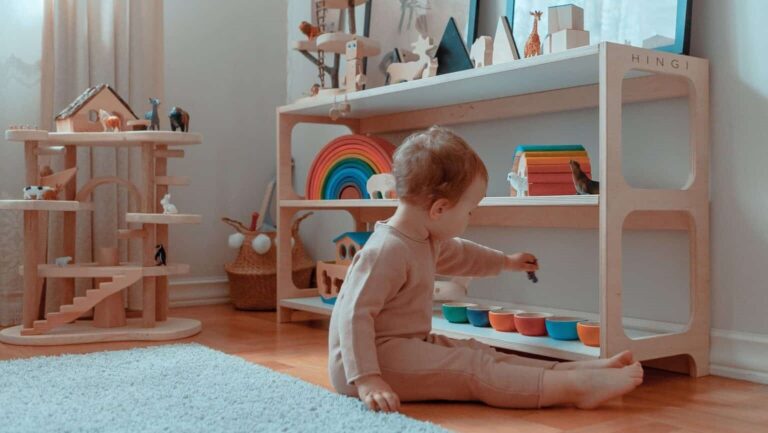How to Nurture Executive Functions in Preschoolers for Lifelong Success
In the vibrant world of preschool education, every crayon stroke, building block, and shared story plays a crucial role in shaping the cognitive foundations of young minds. One key aspect that educators should pay close attention to is the development of executive functions in preschoolers. Executive functions are the cognitive skills that act as the brain’s command center, overseeing processes like attention, working memory, and self-control. Understanding and nurturing these functions early on can pave the way for lifelong success. Let’s explore the fascinating world of executive functions and how educators can support their growth in preschoolers.
Defining Executive Functions – The Brain’s Command Center
At its core, executive functions encompass a set of mental skills that enable children to manage their thoughts, actions, and emotions. These functions include:
- Working Memory – The ability to hold and manipulate information in the mind.
- Inhibitory Control – Exercising restraint and self-control.
- Cognitive Flexibility – Adapting to changes and shifting between tasks seamlessly.
Neuroscience tells us that the prefrontal cortex, the brain region responsible for executive functions, undergoes significant development during the preschool years. This period of rapid brain growth provides a unique window of opportunity for educators to influence and support the formation of robust executive functions.
Play-Based Learning – The Executive Functions Gym
Engaging preschoolers in purposeful play is a powerful strategy for enhancing executive functions. Activities such as building with blocks, engaging in pretend play, and solving age-appropriate puzzles stimulate the brain’s executive function circuitry. These activities not only make learning enjoyable but also provide the perfect workout for developing cognitive skills.
Emotional Regulation – A Cornerstone of Executive Functionality
Preschoolers are learning to navigate a sea of emotions. Developing strong executive functions is closely tied to emotional regulation. Educators can create a supportive environment that encourages children to express and understand their emotions. Teaching simple mindfulness techniques, such as deep breathing, can empower preschoolers to regulate their emotions effectively.
Structured Routines – Building a Foundation for Self-Control
Consistent routines offer preschoolers a sense of predictability, which is essential for the development of inhibitory control. Establishing clear and predictable daily schedules helps children anticipate transitions and practice self-control in various situations.
Collaboration with Parents – Bridging the Gap Between School and Home
Recognizing that executive function development is a collaborative effort, educators can share insights and strategies with parents. Consistency between home and school environments reinforces the skills learned, creating a cohesive support system for preschoolers.
In the dynamic landscape of early childhood education, empowering preschoolers with strong executive functions is akin to giving them a compass for navigating life’s challenges. By understanding the neurological underpinnings and implementing thoughtful strategies, educators can lay the groundwork for a future where these young learners can confidently embrace the opportunities that lie ahead. Together, let’s embark on a journey of fostering executive functions, unlocking the full potential of each preschooler under our care.


Klavdija Svet, author of Elevate to Educate
Elevate your teaching skills and stay ahead of the curve! Receive our monthly Insights, packed with professional development opportunities, classroom inspiration, and the latest trends in education. Don’t miss out on the chance to take your teaching to the next level. Subscribe now!







